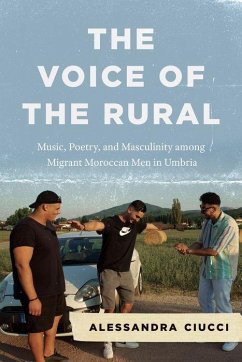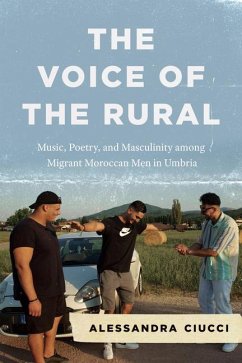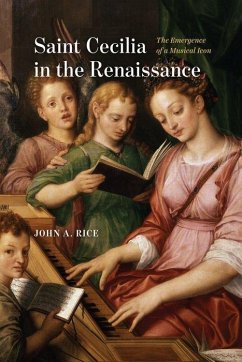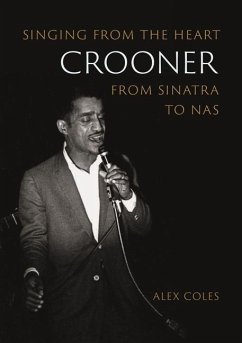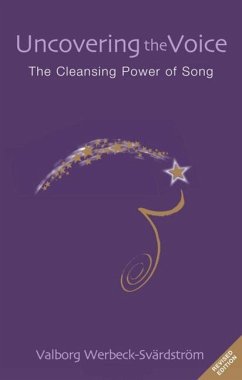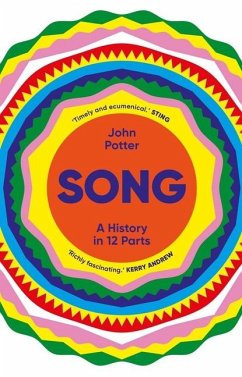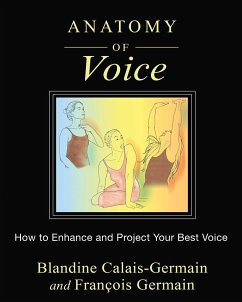Nicht lieferbar
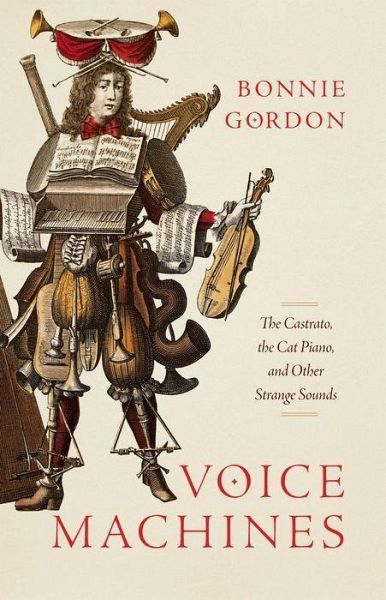
Voice Machines
The Castrato, the Cat Piano, and Other Strange Sounds
Versandkostenfrei!
Nicht lieferbar
"The castrato phenomenon stretched from the late sixteenth century, when castrati first appeared in Italian courts and churches, through the eighteenth century, when they occupied a celebrity status on the operatic stage. Throughout this time, the voice of the castrato--hailed as uniquely strong, flexible and expressive--contributed to a dramatic expansion of the musical vocabulary and to finding new ways to embody the poetic text. For us today, the castrato also highlights the porous relationship of voices and instruments/machines and the inherent materiality of sound. In her revealing study,...
"The castrato phenomenon stretched from the late sixteenth century, when castrati first appeared in Italian courts and churches, through the eighteenth century, when they occupied a celebrity status on the operatic stage. Throughout this time, the voice of the castrato--hailed as uniquely strong, flexible and expressive--contributed to a dramatic expansion of the musical vocabulary and to finding new ways to embody the poetic text. For us today, the castrato also highlights the porous relationship of voices and instruments/machines and the inherent materiality of sound. In her revealing study, Bonnie Gordon asks what it meant that the early-modern period produced a caste of technologically altered male singers and she uses the castrato as a critical provocation for asking questions about the interrelated histories of music, technology, sound, the limits of the human body, and what counts as human"--





